
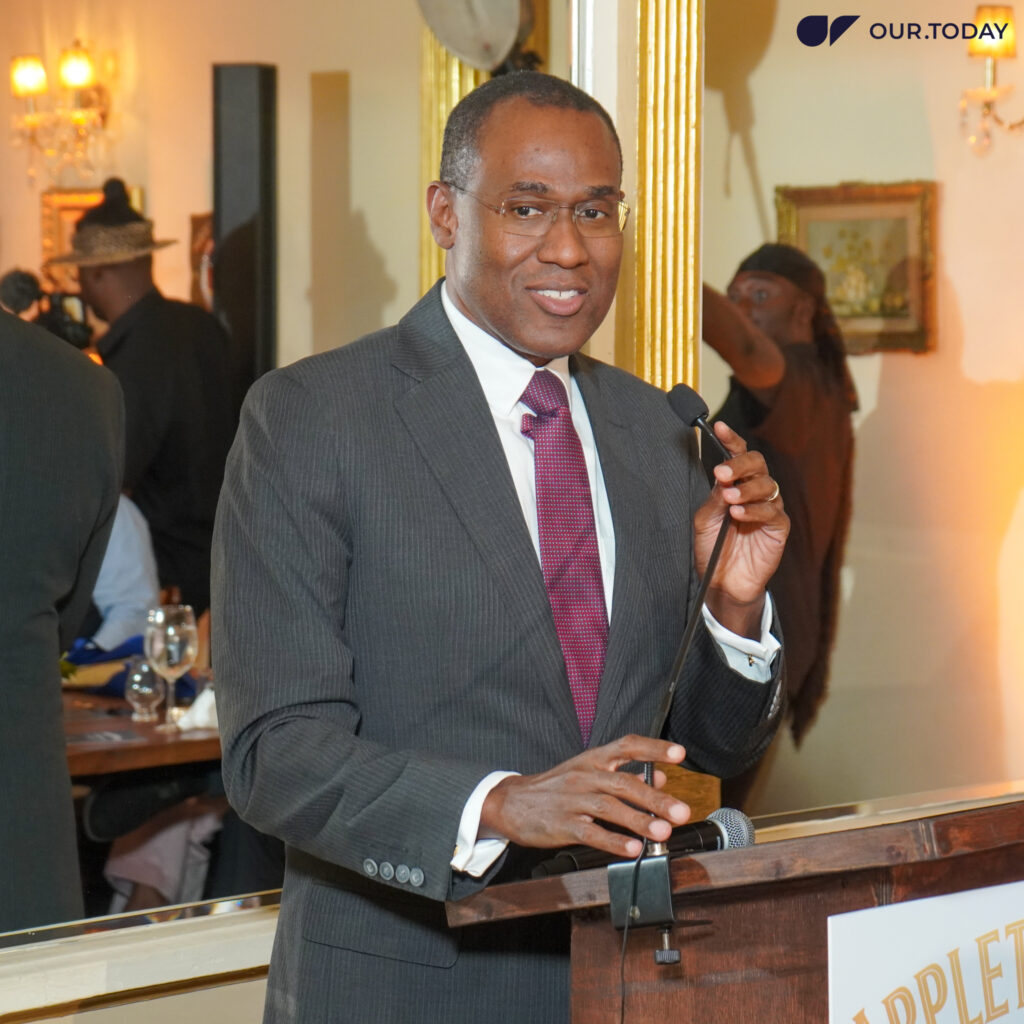
Though happy with Jamaica’s turnaround story over the last decade, Dr Nigel Clarke, who has played a critical role in that achievement, is keenly aware that more is yet to be done.
While speaking to select business leaders during the recent hosting of Appleton Circle at the Terra Nova All-Suite Hotel, Clarke explained that while Jamaica’s growth reflects value-added, this can only be sustained and improved if there is investment in human capital development.
“Growth is that you’re adding value to products. That can only sustainably come from higher-value investments, which depend on a human capital of stock that can attract such higher-value investments. And you don’t change your human capital of stock overnight, but you can certainly begin,” he said.
“So that is an uncomfortable sort of truth that we have to face; if we don’t address the human capital of stock, then higher growth on a sustainable basis becomes harder to achieve,” the former finance minister added.

(Photo: Oraine Meikle)
Clarke noted that while the Jamaican economy shifts from manufacturing and mining to services-based industry, the need for greater investment will be greater as the value-added also shifts.
“Services by definition are not limited to low-value services [as] service economies in the world are the wealthiest economies in the world, whether they be technology services or financial services, insurance services, et cetera. And for Jamaica to climb that value chain, we’re going to need a base of higher educated population,” he outlined.
While Jamaica’s education statistics are better than a decade ago, there is still a long way to go, Dr Clarke acknowledged. He further pointed out that having 20 per cent of high school graduates with five Caribbean Secondary Education Certificate subjects and a 39 per cent pass rate in mathematics cannot be the standard.
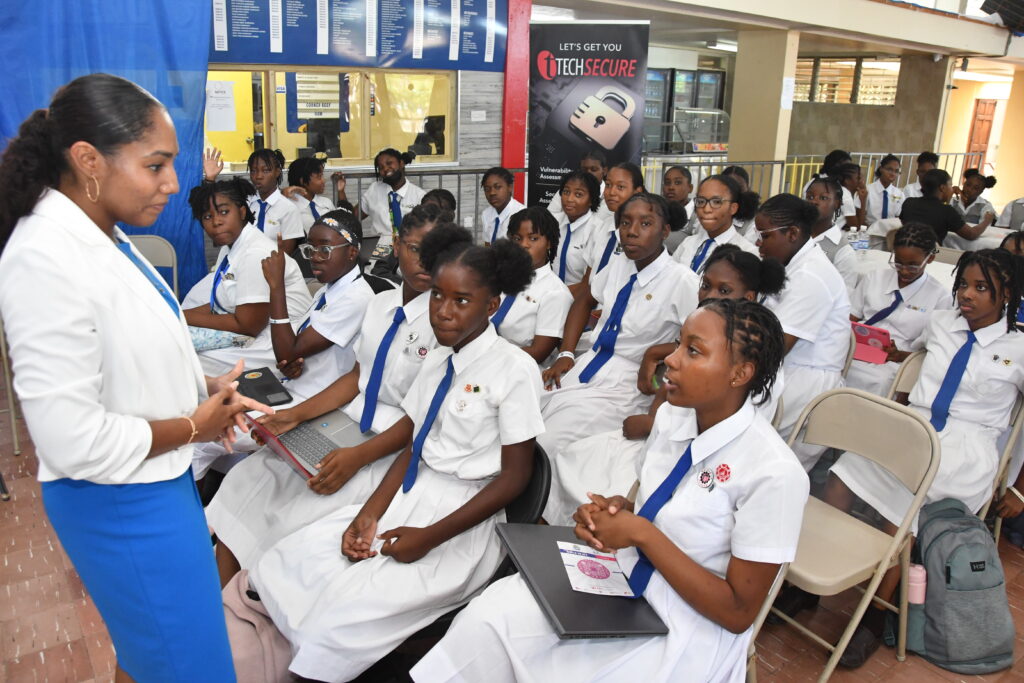
“You’re not going to build a high-value economy with that,” he expressed, adding that “there’s no quick fix”.
Inclusive growth
Rather, such an investment must be complemented by an improvement in access to social services as well as an increase in the compensation of employees.
On this note, Clarke pointed out some improvements in Jamaica’s economy, including per capita gross domestic product increasing from US$5,000 to $7,000; an increase in minimum wage from $6,200 to $14,400; and an increase in the National Insurance Scheme’s pension disbursement.
The former finance minister could not help but also mention the reverse income tax credit, for which 240,000 Jamaicans signed up after the first ten days.

Yet, these wins, for the minister, is still not enough.
“We’ve addressed the income question more comprehensively than any government that I’m aware of and that doesn’t seem to be it. And it doesn’t seem to deal because income is not enough. The axes of well-being go beyond income,” Dr Clarke stated emphatically.
The finance minister, who also served as Member of Parliament of St Andrew North Western up to Wednesday this week, argued that while income does not “fundamentally change your life”, addressing access to public services will. In his regard, he pointed out that lower-income individuals are at a disadvantage because of privatised services such as transportation, health, education, and sanitation.

“When you’re making $12,000 a week, or $15,000 a week in this case maybe, public services mean a lot – and bad public services give you a bad quality of life. Good public services give you a good quality of life, and that is why we’re (the Government) putting so much energy behind investment in public services,” Clarke shared.
He went on to highlight the Government’s acquisition of new buses and investment in the rehabilitation of clinics and other public health facilities. What’s more, the Jamaica Constabulary Force is now at a full complement.

Where is the private sector?
All of these, Clarke contended, are important not only to achieve national growth but inclusive growth. Concerning national growth, the former finance minister pointed out that the Government should not be solely responsible.
“Nowhere in the world is government responsible for growth. Growth is from activity in the private sector. And we’re going to, with this massive investment that the country has made in returning economic stability, we’re going to have to flip that script that we have been taught over decades,” he said.
“The government is responsible for creating the conditions and you cannot have better conditions than having a stable economy,” Clarke continued.
Noting that private sector is responsible for growth, he clarified that he’s not speaking about the Private Sector Organisation of Jamaica or other business lobby groups but individuals outside the public sector and those with entrepreneurial pursuits , including “the person selling on the street”.
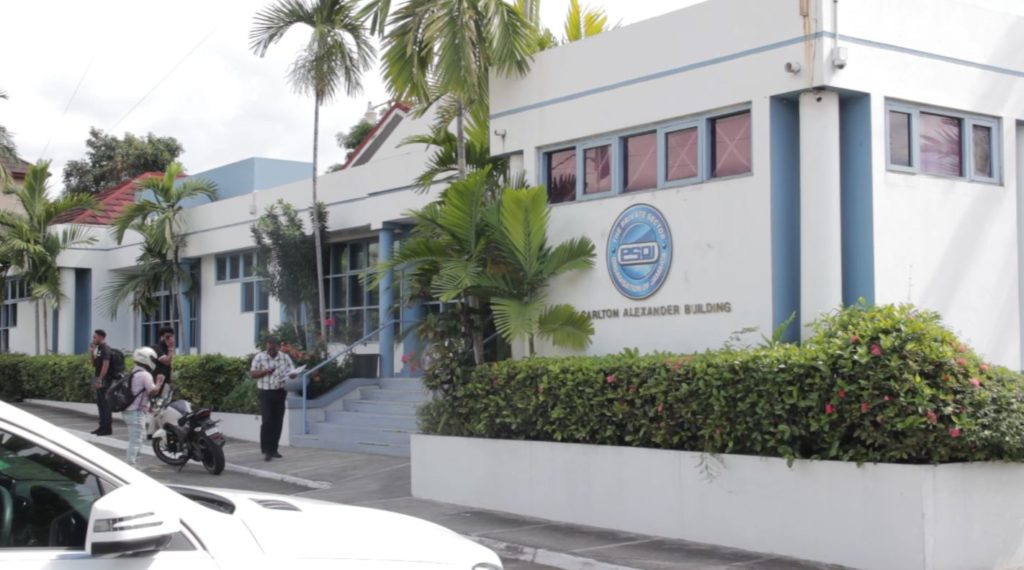
Still, Clarke said the private sector must be held to account for its role in national growth
“The government’s responsibility is very clear and the private sector’s responsibility has to be as clear. Now, we have the opportunity for another new beginning in our country,” he said.
“We are at a position, we once again have an opportunity that an earlier generation would have had. And the question is, what are we going to do with it?” Clarke questioned.
On October 29, Dr Clarke departed Jamaica, resigning from his Cabinet and parliamentary duties, to take up the position of vice-president of the International Monetary Fund in Washington, DC, in the United States on October 31.

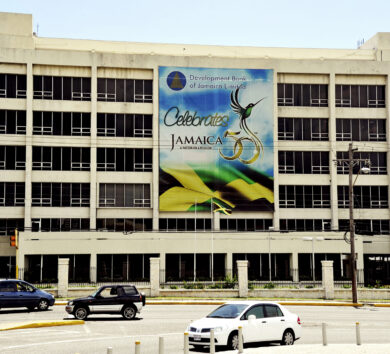

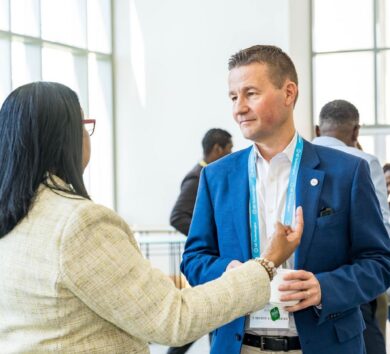
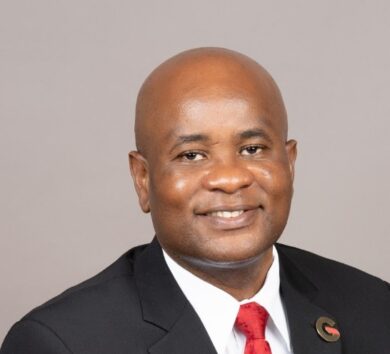
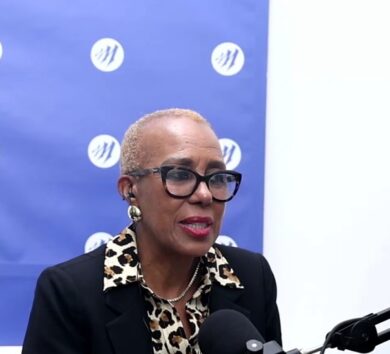
Comments